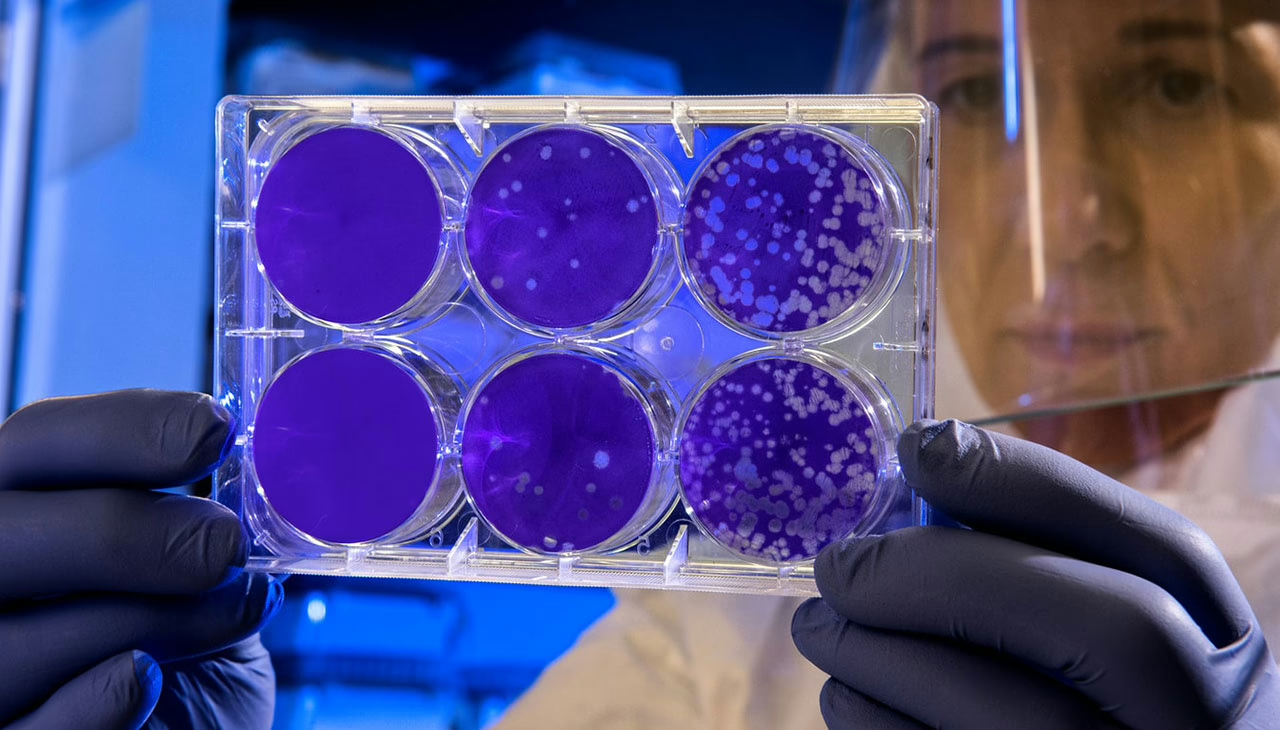Use of CBD to Reduce the Antibiotics Harm for the Human Body
Summarize

Antibiotics destroy pathogenic bacteria, but at the same time cause irreparable harm to the whole organism. Scientists are worried that the human body is becoming resistant to drugs and are trying to solve this problem.
According to Nature Research, antibiotics can harm and disrupt the gut microbiome. The widespread and potentially unnecessary use of antibiotics among young children and pregnant women can lead to irreversible consequences. However, the use of antibiotics also raises hopes for microbiome modulation as a therapeutic treatment for immune conditions.
Scientists are developing “auxiliary compounds” that increase the effectiveness of antibiotics to compensate for the body’s resistance to drugs.
Cannabidiol (CBD) as a potential adjuvant
Researchers at the University of Southern Denmark tested the antimicrobial effect of CBD against the Gram-positive bacteria resistant to methicillin Staphylococcus aureus (MRSA), a type of bacteria known for its resistance to many different antibiotics. CBD was also tested against Enterococcus faecalis, Listeria monocytogenes, and methicillin-resistant Staphylococcus epidermidis (MRSE). Research suggests that CBD may enhance the antimicrobial effect of the antibiotic.
Joint efforts of CBD and BAC
According to the research, a combination of CBD and the antibiotic bacitracin (BAC) can fight antibiotic-resistant bacteria. Scientists tested these drugs against S. aureus and found morphological changes in bacterial cells that disrupt cell division, which leads to the fact that bacteria cannot divide normally.
Clearly, more research is needed to better understand the mechanisms of action of the combined treatment of CBD and BAC.
Recall that, CBD has become one of the most mentioned health trends on social media, and according to research by Babylon Health, it also has the most research breadth behind it compared to other popular wellness fads such as ‘clean beauty’ and ‘holistic healing’.
Share this post


0